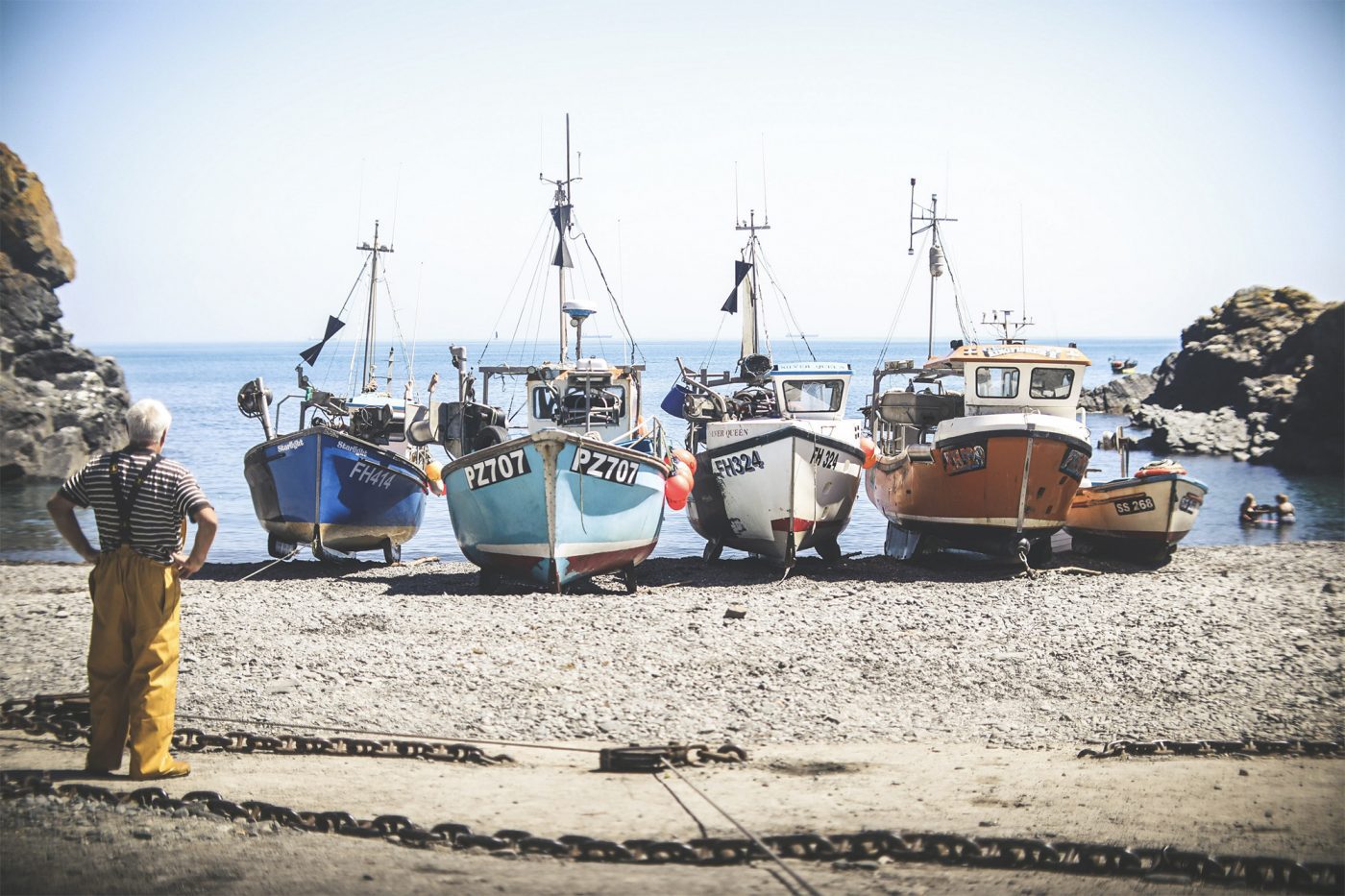7 June 2013
A letter from Chief Executive of the NFFO, Barrie Deas, in response to the Observer’s article ‘Why do we have to trawl for the facts about Britain and the EU?’
Dear Will Hutton
I presume that like many commentators who have written about the reform of the Common Fisheries Policy you use the term “industrial” as a synonym for “evil”.
Consider this:
1. The size of a fishing vessel is no guarantee that the vessel large or small is fishing sustainably. It is what the vessel does that counts.
2. What makes you think that only large vessels discard? (See above).
3. Small vessels tend to have limited range. Inshore waters therefore come under greater fishing pressure than offshore areas. A mass transfer of quota from the “industrial” fleet to the small-scale fleet would mean two things: a lot of that quota would go uncaught as it would be out of range and secondly, there would be an increase in fishing pressure in the vulnerable inshore zone as new vessels joined the fleet. Existing inshore fishermen would be the worst hit – a serious own goal.
4. The UK, like many other European countries, has a diverse fleet in terms of target species, method of fishing and size of vessel. To a high degree, large and small vessels are interdependent. As we have seen with the port of Lowestoft, without a fleet of large vessels, port infrastructures are unsustainable and the small scale fleet withers. The larger vessels provide the continuity in landings necessary to support marketing and ice facilities.
5. Although not the subject of media attention, the most important part of the CFP reform is a move away from centralised control towards regional management by cooperating member states. An over-centralised, top-down command and control approach has been the root failure of many EU conservation initiatives.6. You berate the UK for supporting a 5% discard de minimis but Norway which has had a discard ban in place since 1987, and which has much less mixed fisheries than the EU, still has discards scientifically estimated in the region of 15%. In mixed fisheries, flexibility is the key to minimising discards.
This Federation represents all fishermen and sizes of vessels. We are working with producer organisations and groups of under-10 metre fishermen to address quota shortage issues where they arise.
I know that in your article you were making a general point about press coverage of the EU but using fishing as the simplistic pantomime villain in the kind of narrative which we are now all too familiar, and of which your comment last Sunday is an example, is really unhelpful.
Yours sincerely
Barrie Deas
Chief Executive

